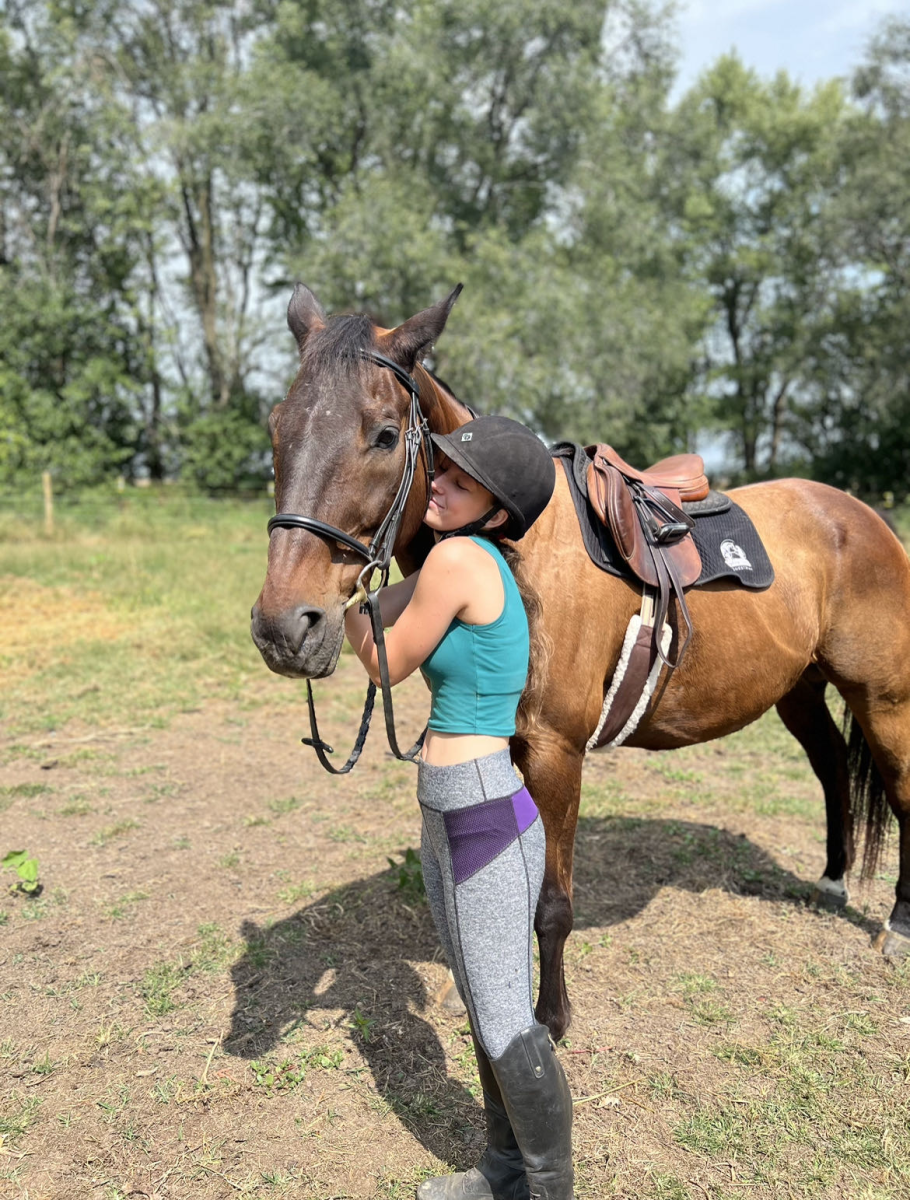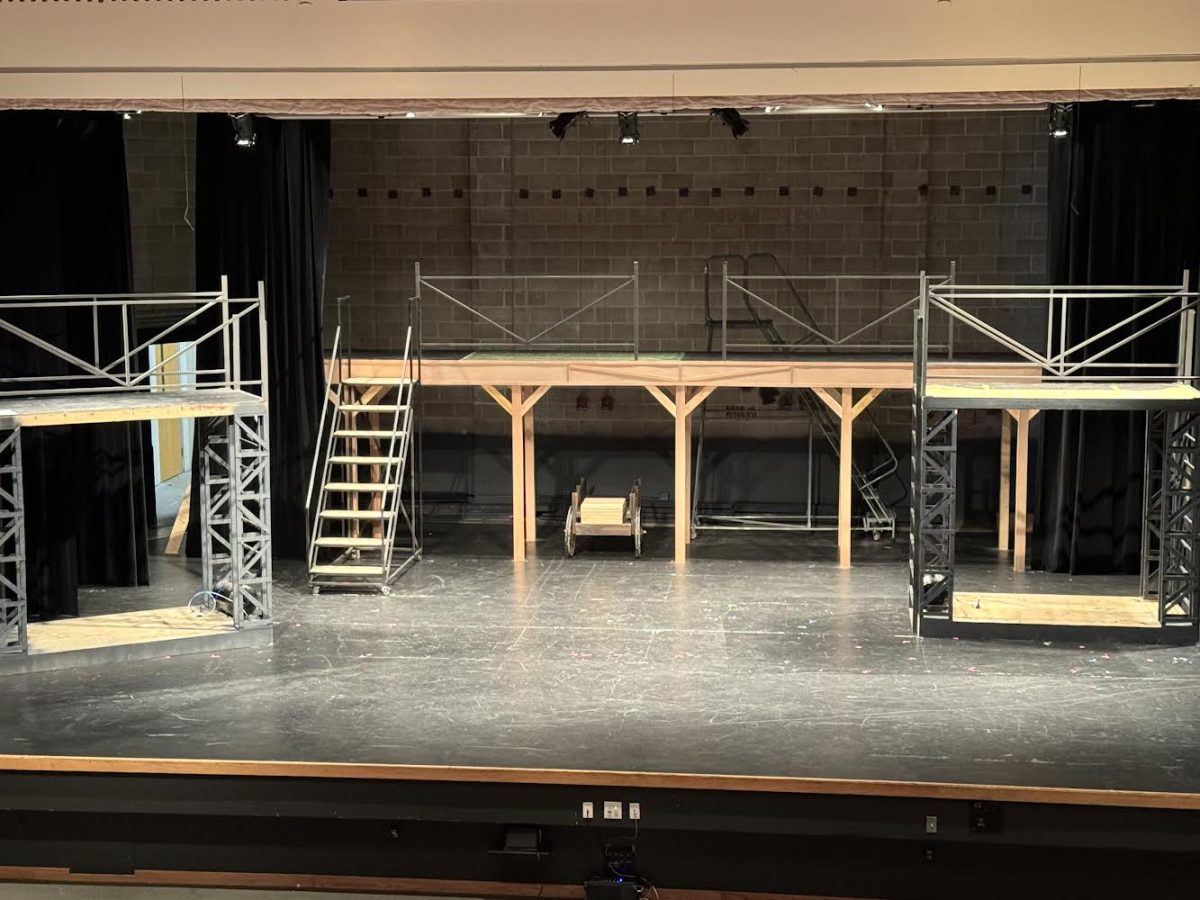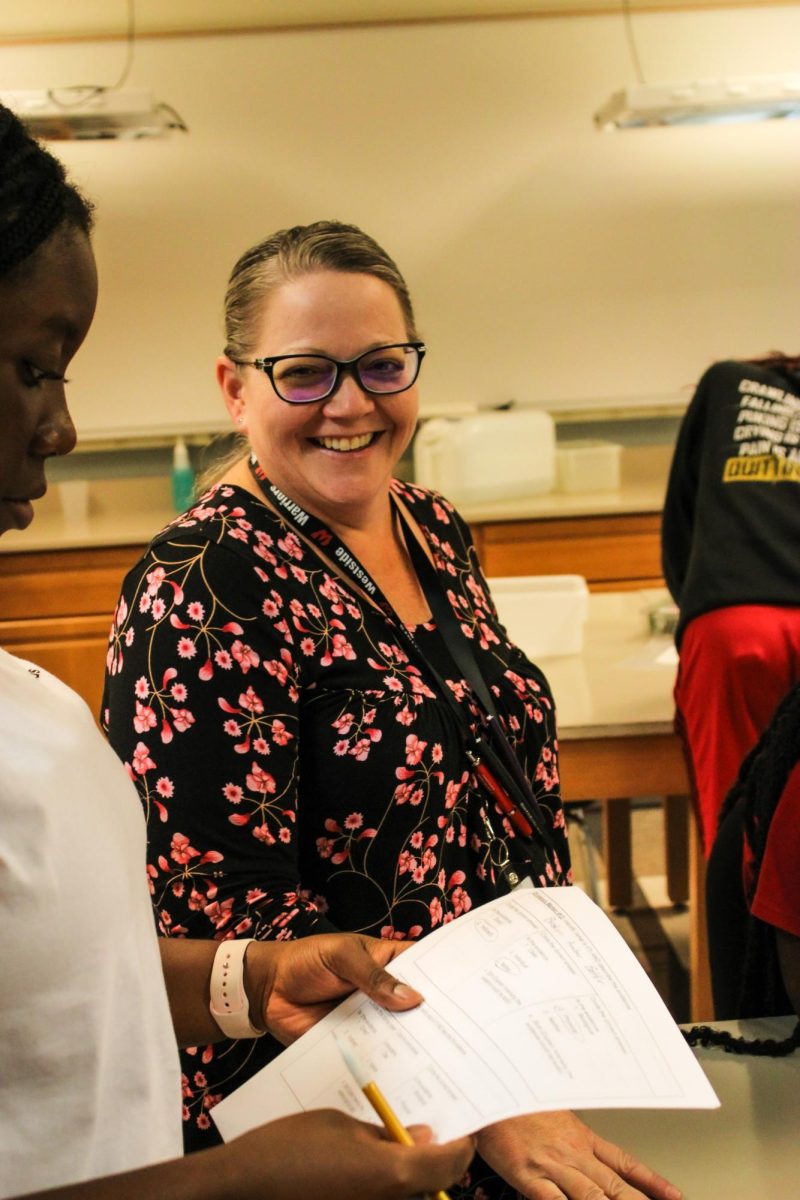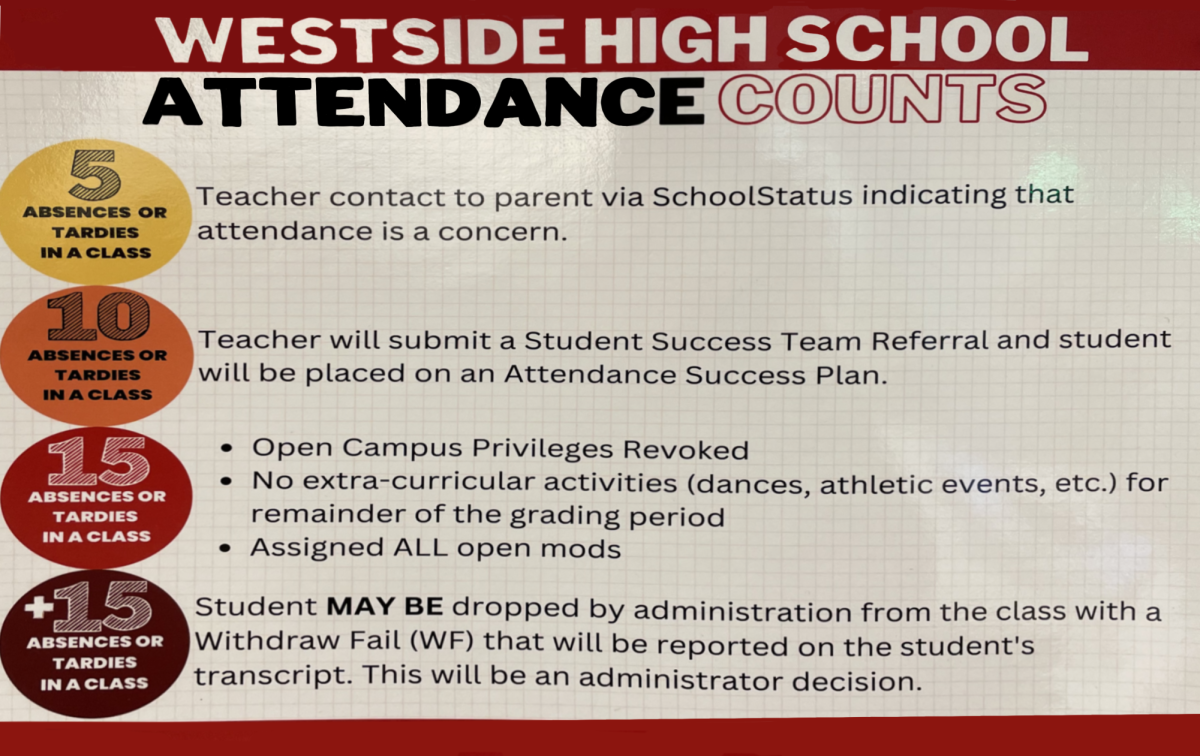Beekeeping has been a hobby of sophomore Jacob Smith’s for five years. Beekeeping is the process of raising bees so that they produce honey, among other products, for a person to sell.
Smith and his parents have seven hives of Cordovan bees in their backyard. Despite his parents’ love for beekeeping, Smith’s siblings did not follow in their path. This encouraged Smith to help out.
“They needed help, and I was the only one of my siblings who wasn’t afraid of the bees,” Smith said.
Cordovan bees aren’t ones to be afraid of, however. According to Smith, they are more gentle and way harder to aggravate than the average bee.
“You can be stung but if you’re wearing your gear and doing the things that don’t anger the bees, then you’re pretty much good,” Smith said.
There are many different types of protective gear that beekeepers can wear. The type each keeper chooses depends on the time of year and the person.
“The most that there is is a full blown suit,” Smith said. “It’s all white with a hood, but that can vary. The least that I’ve seen is someone in a long sleeved t-shirt and thick jeans.”
Backyard beekeeping requires other materials on top of the protective gear. This is one of the three big challenges beekeepers face.
“The first challenge is the space that you’re going to need,” Smith said. “Then the cost of the equipment, which can get pricey, and the third is the schedule,” Smith said.
Bees only require that Smith interacts with them about one time a week. In the winter, that can go down to once a month or even less.
“You have to be prepared to go out there every single week because bees don’t work on your schedule, they work on their own,” Smith said.
If Smith fails to miss a day he needs to do an inspection, it could be detrimental to the hives.
“You have to go out there when you need to go because otherwise they could die or fly off,” Smith said. “They could do literally any number of things that aren’t beneficial to you.”
When he is not actively checking up on the bees, Smith is building their hives made up of boxes and frames. This is where the bees live and make their honey.
“You put ten frames in the box and then you let the bees build the wax off of those frames,” Smith said.
Once the bees make the honey, it’s time to harvest it. The method can vary day to day, depending on several different things. The first way Smith learned to harvest the honey was using a spinning honey extractor.
“You put the frame in a machine that spins it and you have it spin so much that the honey actually flies out of it,” Smith said. “Eventually, the honey pools at the bottom.”
This method of harvesting honey is just one of the things he learned while working with bees. Smith also learned about being reliable and the consequences of not doing so.
“One, if not the biggest, benefit in beekeeping is you learn a lot of things that you wouldn’t think you would need to learn,” Smith said.
In order to be adequately informed, Smith suggests that a person do extensive research if interested in owning hives of bees.
“I, personally, have watched days of videos and read several articles on this,” Smith said. “I did this exclusively so I could try to keep up. It’s a lot of things to manage and it’s very complicated, but if you do enough research you really shouldn’t have any trouble.”
Research is important because many new beekeepers mess up the bees’ ideal season. Bees are actually an insect that thrives in the winter. If the keeper is not aware of this, they may heat the bees up and cause a shorter life span.
“Six weeks is the average lifetime of a bee from just sheer exhaustion,” Smith said. “In the winter, they can live six to nine months. They work themselves to death in the summer.”
Bees are very complex and inconsistent insects. Smith says that simply learning about them is the most interesting part of being a beekeeper.
“The more you learn, the more you’re like, ‘What? How did they even evolve into this?’” Smith said.














